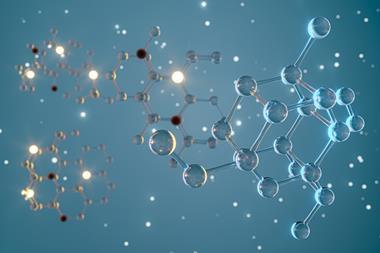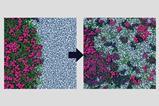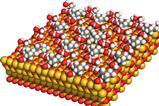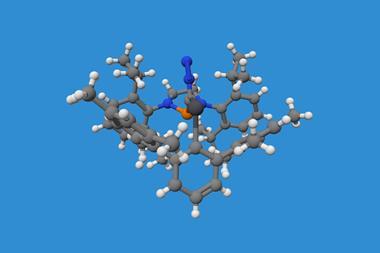Guido Scarabelli presents this free to sign up to webinar, showcasing how physics based Free Energy Perturbation (FEP) methods can accurately predict protein stability and improve the potential commercial success of biotherapeutics.
Physical stability is a key determinant in the clinical and commercial success of biological therapeutics, vaccines, diagnostics, enzymes and other protein-based products. The development of accurate computational methods for predicting protein stability can reduce the cost and time of experimental mutant design campaigns.
In this hour-long webinar, Scarabelli demonstrates the success of FEP as a rigorous physics-based computational method, showing how it quantitatively evaluates the relative thermodynamic stability of a diverse set of proteins on a dataset consisting of 328 single point mutations spread across 14 distinct protein structures. He wraps up the webinar with a live question and answer session, hosted by Chemistry World’s business editor Phillip Broadwith.
By the end of this webinar you will have learned…
- About the effects of simulation conditions on computational predictions
- FEP methods to reduce cost and time evaluating mutant constructs
- How experimental techniques for measuring the impact of amino acid residue mutation on the stability of proteins can be time consuming and costly
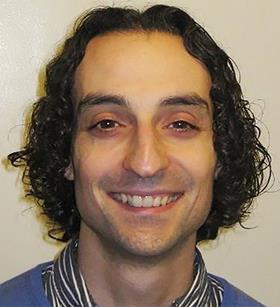
Speaker: Guido Scarabelli, senior scientist

Schrödinger is a leading provider of advanced molecular simulations and enterprise software solutions that accelerate and increase the efficiency of drug discovery and materials design. Founded in 1990, Schrödinger has nearly 600 employees and operations across the world. For more information, please visit www.schrodinger.com.





